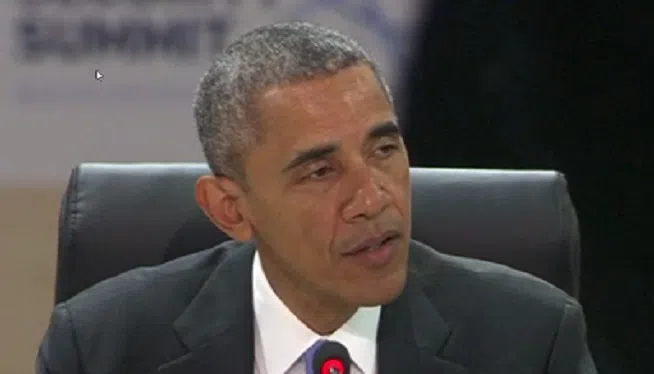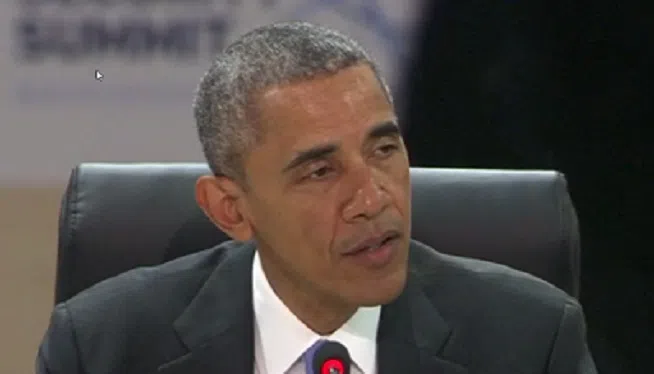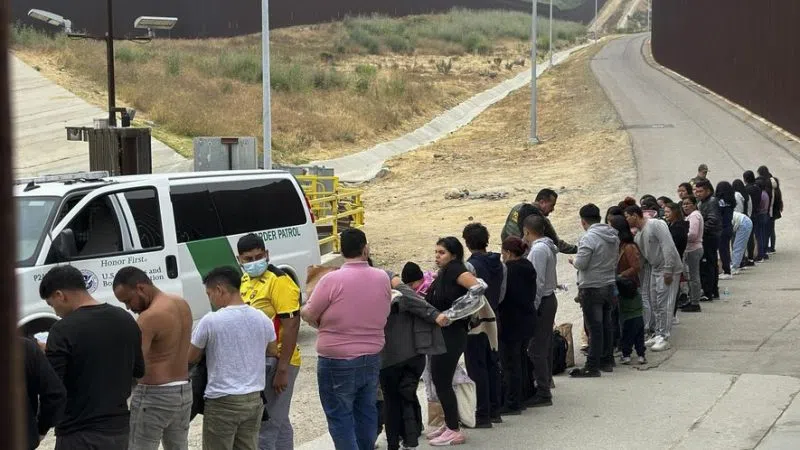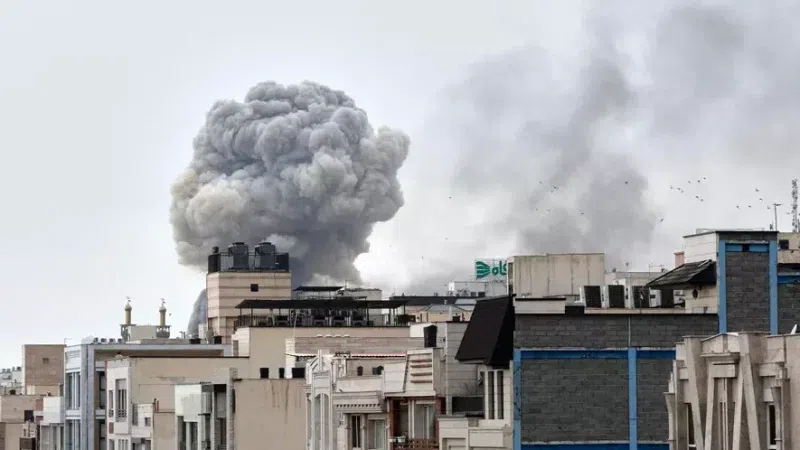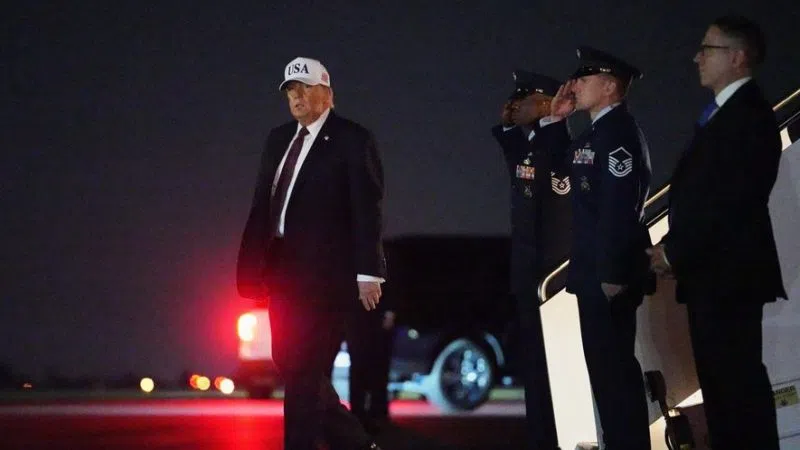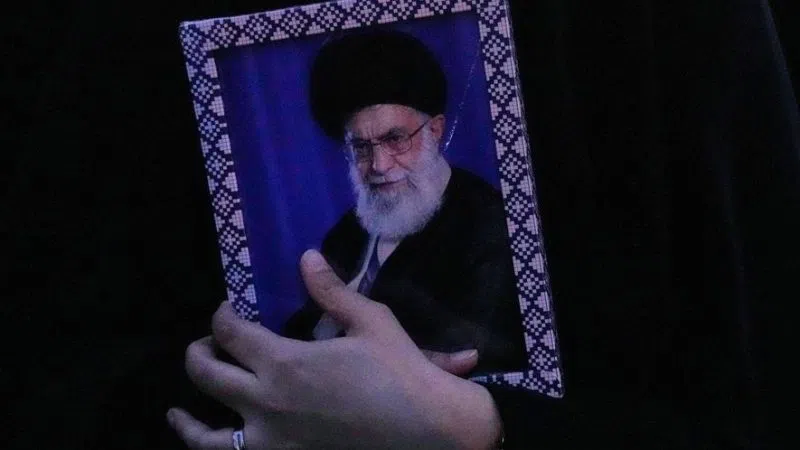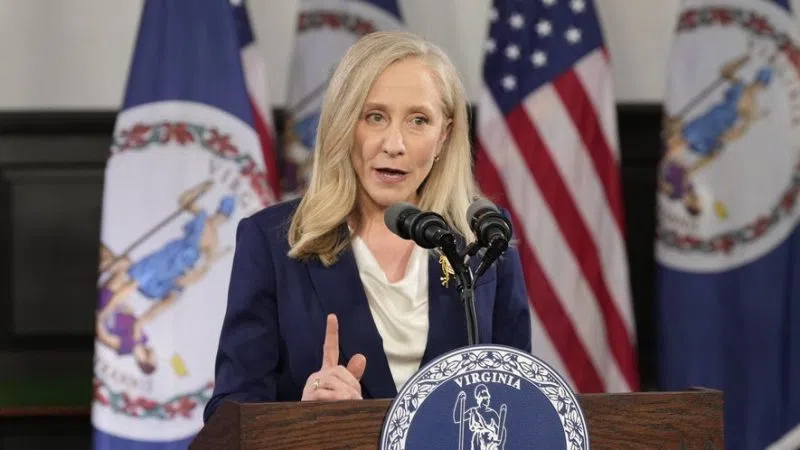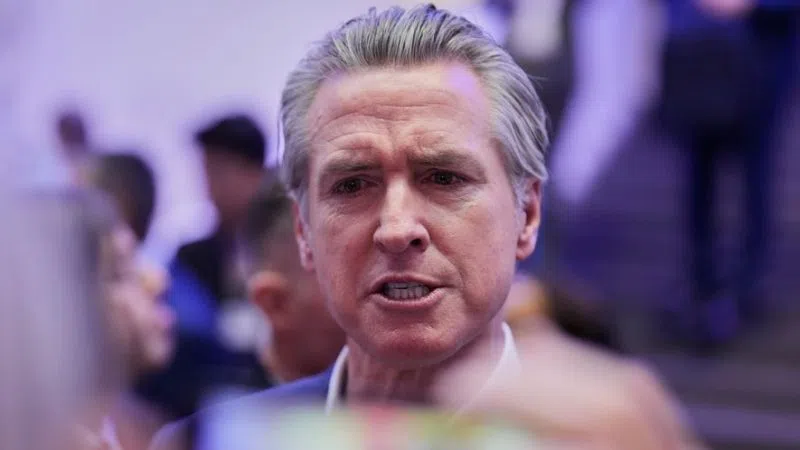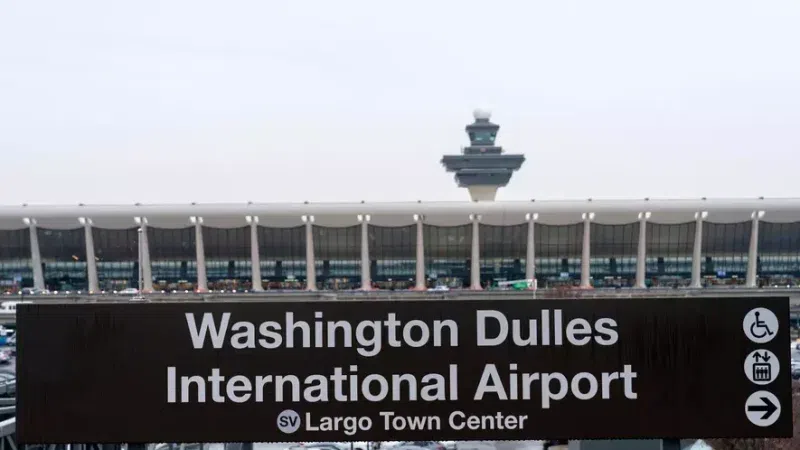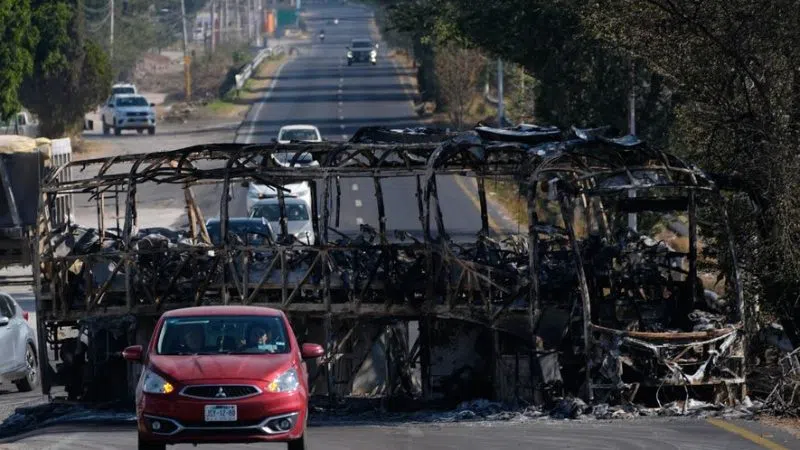WASHINGTON — (CNN) President Barack Obama said global efforts to improve nuclear security have removed from circulation material equivalent to 150 nuclear weapons, safeguarding it from extremists.
“That’s material that will never fall into the hands of terrorists,” Obama said.
Non-proliferation efforts mean the entire continent of South America is free of nuclear materials. If Poland and Indonesia meet commitments this year, Central Europe and Southeast Asia will follow suit, he said.
“As terrorists and criminal gangs look around for the material for a deadly device, vast regions of the world” are off-limits, Obama said, admitting that much work remains.
The summit, the final of four Obama has held during his presidency, drew leaders from more than 50 countries to discuss ways to better secure nuclear materials, especially from the threat of nuclear terrorism.
The summit focused particular attention to ISIS, devoting a special summit session to the group, which has demonstrated an interest in nuclear materials and, Obama said, would likely attempt more attacks outside the Middle East.
Obama said earlier Friday that it was likely that as the anti-ISIS coalition continued to make gains against the terrorist group, the organization would try to conduct more attacks elsewhere.
“As ISIL is squeezed in Syria and Iraq, we can anticipate it lashing out elsewhere, as we’ve seen most recently and tragically in countries from Turkey to Brussels,” Obama said Friday, using another acronym for ISIS.
Obama noted that ISIS has demonstrated an interest in obtaining nuclear materials.
After the Paris attacks in November, investigators found hours of footage tracking the movements of a Belgian nuclear official.
At the opening of the nuclear conference’s Friday session, Obama said the summit’s work — mostly done quietly behind the scenes in the months between high profile gatherings — served the crucial purpose of reducing the chances that nuclear materials could be stolen.
“The single most effective defense against nuclear terrorism is fully securing this material so it doesn’t fall into the wrong hands in the first place,” Obama said.
He called on the attending countries — more than 50 — to improve intelligence sharing and do more to cut off the flow of foreign fighters going to Syria and Iraq.
“The sense of urgency that we’ve shown in destroying ISIL in Iraq and Syria also has to infuse our efforts to prevent attacks around the world,” Obama said. “We simply cannot afford to have critical intelligence not being shared as needed, whether between governments or within governments.”
The summit meeting offered an opportunity to “explore ways to step up those efforts,” Obama said.
Over the four meetings that have taken place since 2010, the nations involved have made 260 commitments to improve nuclear security and implemented three-quarters of them, the president said.
Nuclear non-proliferation has been a focus for the President since his days as a junior senator from Chicago. He co-wrote legislation on nuclear controls and travelled to inspect safety measures at nuclear sites in Eastern Europe and Russia while in the Senate.
Much of the nuclear summit’s work has focused on reducing countries’ levels of highly enriched uranium or improving training for handling nuclear materials.
Critics have said that the efforts fall short bsecause discussions haven’t focused on military stockpiles of highly enriched uranium or civilian plutonium, seen by resource-poor countries as a potential source of energy.
And they point to Russia’s decision not to send high-level representation as a setback, given that the U.S. and Russia between them control the vast majority of nuclear materials.
But Obama claimed progress Friday, announcing that 102 nations have ratified what he called “a key treaty,” a Convention on the Physical Protection of Nuclear Material which will enter into force in coming weeks.
That, Obama said, gives “us more tools that we need to work together in the event of theft of nuclear material or an attack on a nuclear facility.”
Leaders wrapped up the meeting with a communique that pledged to use the foundation built during the four summits to guide future work.
“Sustaining security improvements requires constant vigilance at all levels, and we pledge that our countries will continue to make nuclear security an enduring priority,” the statement said.
The-CNN-Wire ™ & © 2016 Cable News Network, Inc., a Time Warner Company. All rights reserved.
(Photo: CNN)
